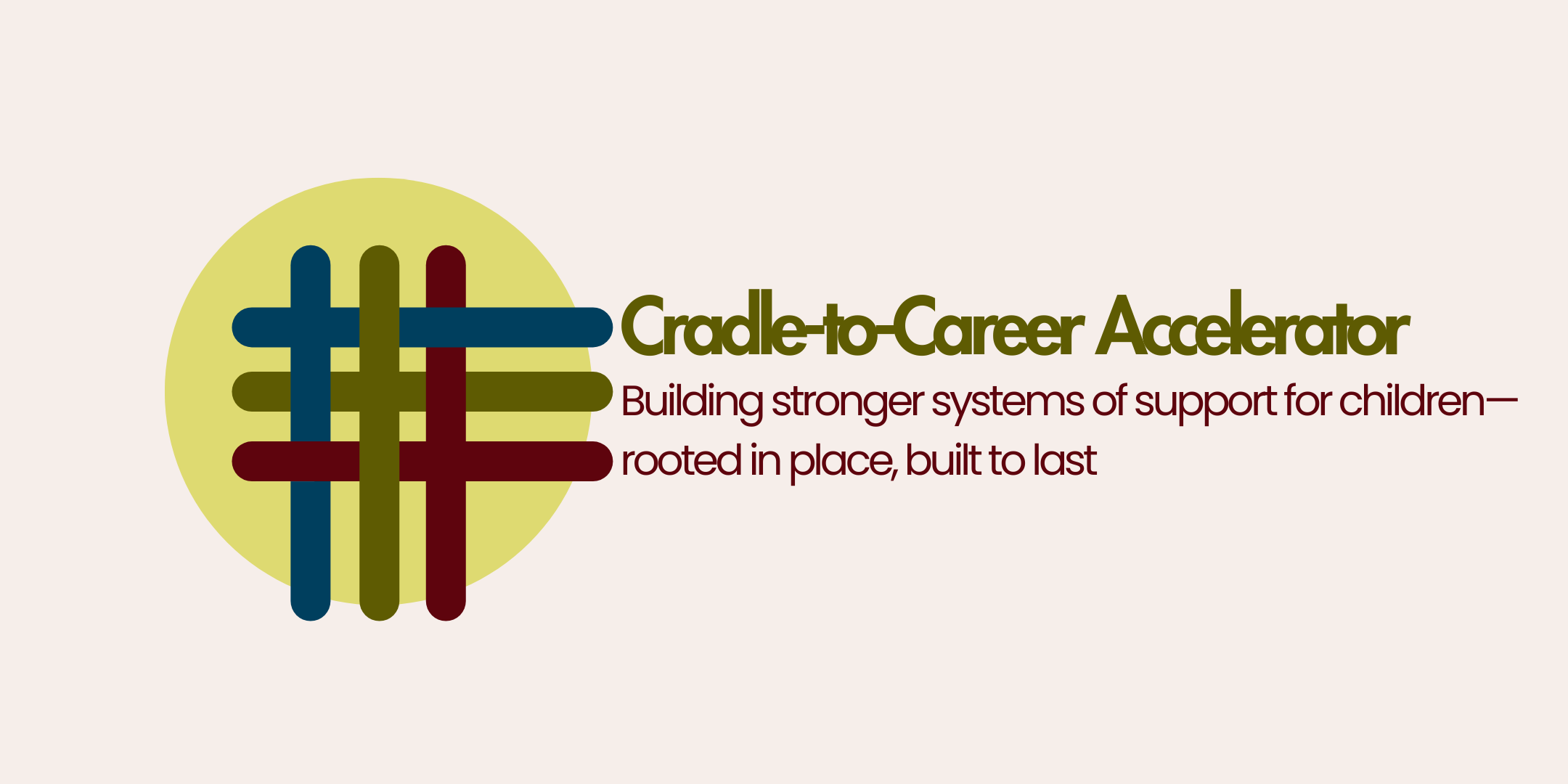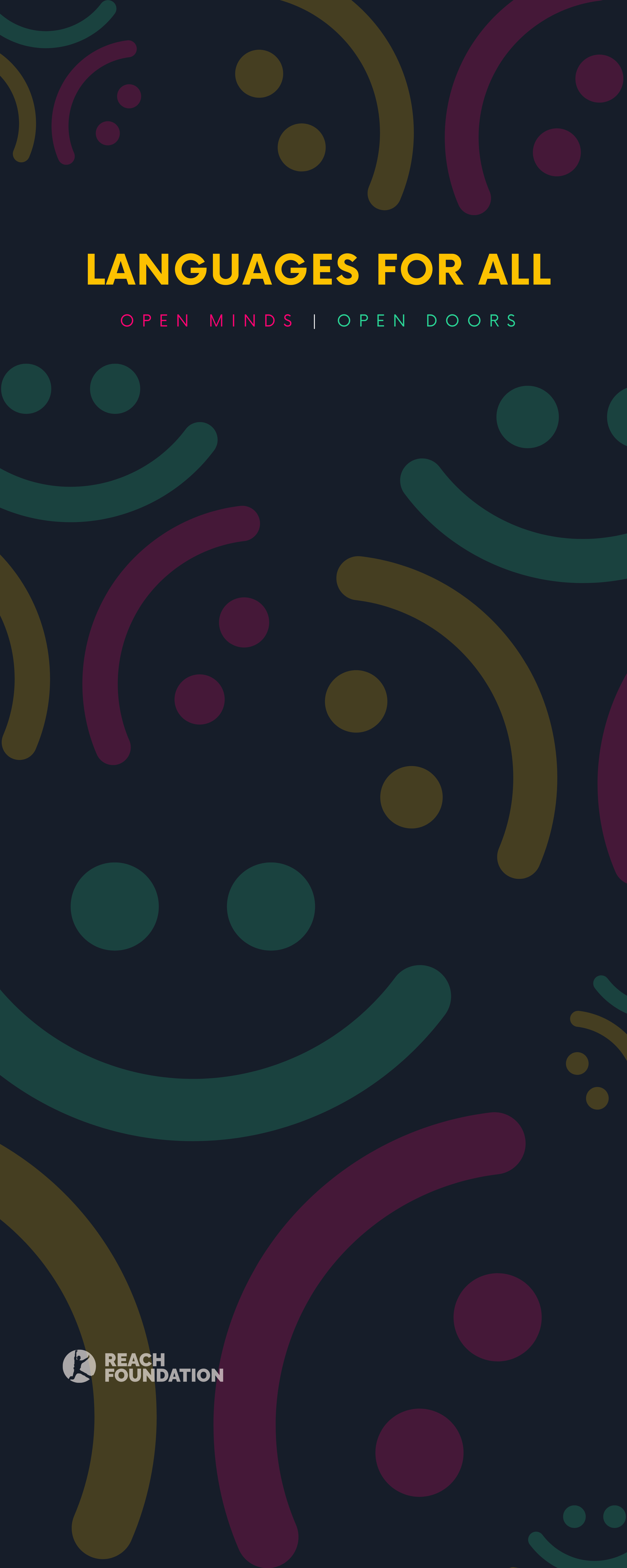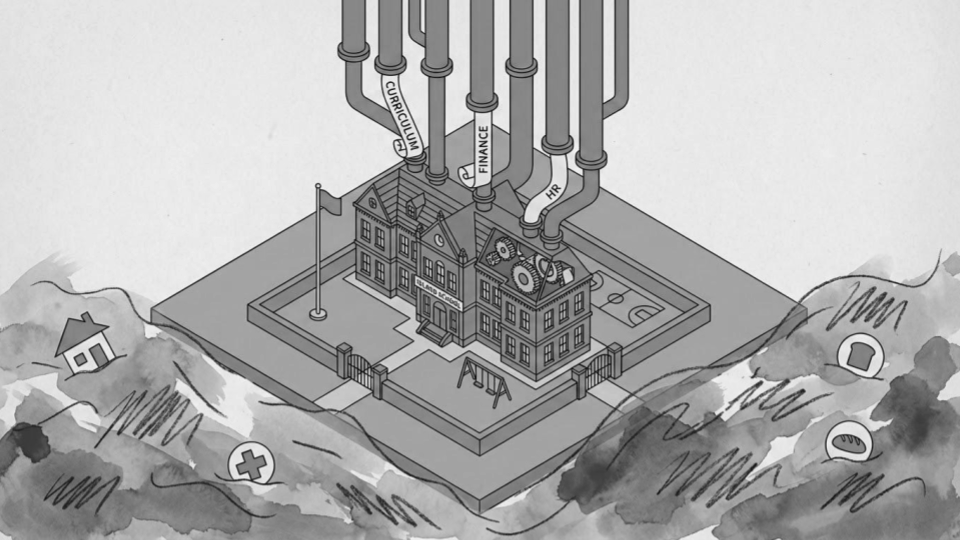We catalyse models
We support local leaders to design and deliver systems of support that fit their place, from early years to adolescence and beyond.
Our national work
-
![]()
Cradle-to-Career Accelerator
The Cradle-to-Career Accelerator supports local partnerships of schools, trusts, and community organisations to design and deliver stronger systems of support around children.
Over three years, each partnership receives structured guidance, time to reflect, and the chance to learn from peers across the country. Together, they test new ways of joining up education, health, social care, and community resources so that children and families experience earlier, more coherent help.
This work matters because children’s lives rarely fit into neat organisational boundaries. The challenges they face—from attendance and wellbeing to access to opportunities—are complex and interconnected. Schools are uniquely placed to act as convenors, but they cannot succeed alone. The Accelerator helps them bring the wider system to the table, building trust and shared purpose across sectors.
The programme advances our mission by generating living examples of system change at place level. These sites demonstrate what coherent, connected, and consistent support looks like in practice, creating proof points that can inspire others and inform national debate. In this way, the Accelerator is both a practical engine for local improvement and a catalyst for wider change.
-
![]()
Languages for All
Languages for All is a partnership programme that connects schools with their local university to make language learning accessible to every young person.
Too often, students from underrepresented backgrounds are discouraged from pursuing languages, either because of a lack of confidence or a perception that languages “aren’t for them.” By creating structured opportunities, Languages for All helps schools open doors that might otherwise remain closed.
Through initiatives like the Global Languages Ambassador Award, residential trips, and cultural exchanges, students are immersed in real-world experiences that bring language learning to life. They build confidence, resilience, and curiosity—seeing languages not only as academic subjects, but as gateways to new cultures, relationships, and careers. Teachers and university staff work alongside one another to provide mentoring, role models, and a sense of community, showing students that these opportunities are within reach.
This programme matters because the ability to connect across cultures is both a powerful personal skill and a social good. Languages for All advances our mission by broadening horizons, raising aspirations, and giving young people from every background the chance to see themselves as part of a wider world.
-
![]()
Centre for the Children's Workforce
The Centre for the Children’s Workforce is a new higher education institution, developed in partnership with the University of East London, and set to launch its first degree in 2026.
It exists to better understand, connect, and strengthen the workforce that serves children—creating new routes into and through professions across education social care, youth work, SEND, and beyond.
The programme will offer a rigorous, accessible pathway that enables people to study while they continue to work, building shared knowledge, skills, and progression across the wider children’s sector.
Despite its scale and significance, the children’s workforce in England remains fragmented, undervalued, and unevenly supported—even as there is broad agreement that children need more coherent, joined-up systems of support. Without a respected and connected professional pipeline, the support children rely on cannot be sustained. The Centre aims to dignify and develop those who work with and for children, building capacity and confidence across the system.
The Centre embodies our commitment to cultivating leadership and long-term capacity—investing in the people who will carry this mission forward for decades to come. By building the workforce that children deserve, it strengthens the foundations of every system that supports them.
Our local work
-
![]()
Abundance Project
In partnership with the University of the Arts London, Kingston University, King’s College London, and a wide range of other community partnerships, we’re participating in the Abundance Project—a community-led research and wellbeing initiative focused on improving access to mental health and support services for minority ethnic communities.
Through collaborative research, engagement events, and partnership with local voluntary and statutory organisations, the project aims to make community groups, councils, and GP networks more inclusive, accessible, and representative of the communities they serve.
Too often, minority ethnic residents experience barriers when accessing local wellbeing and mental health support. By working alongside community researchers and local partners, this project builds trust, strengthens relationships, and develops a clearer understanding of what effective, inclusive practice looks like. The work is improving wellbeing and representation, while generating practical insights that can inform wider system change.
The Abundance Project is a model for what community-led change can achieve—demonstrating how shared learning, collaboration, and trust can create more equitable systems of support and strengthen the fabric of local communities.
-
![]()
Youth Provision
Our youth provision work brings together community stakeholders, young people, and local organisations to expand and improve opportunities for children and young people across Hounslow.
Through the YouthZone campaign and related events, we convene providers, raise awareness, and advocate for increased investment in affordable, high-quality youth services. Young people play a leading role in shaping and promoting this work through social media and community engagement.
Access to safe, inspiring spaces for young people is essential for wellbeing, belonging, and opportunity—yet youth provision in many areas has faced significant funding cuts. By connecting providers and amplifying young people’s voices, this work is mobilising a collective effort to rebuild youth infrastructure locally and secure long-term, inclusive opportunities for all young people.
The Youth Provision work shows how community collaboration can catalyse new models of provision—aligning funding, creativity, and advocacy to create systems that give children and young people genuine choice and opportunity.
-
![]()
SHELs Legacy
We have been commissioned to support SHELs Legacy—a collaborative initiative supporting schools to strengthen relationships with families and respond more effectively to challenging behaviour.
Through a series of workshops and non-violent resistance training sessions, schools are building capacity to develop sustainable, relational approaches to home–school engagement.
When schools and families work together with trust and respect, children benefit. But too often, these relationships break down when challenges arise. This work helps educators and families develop shared understanding and practical tools for navigating difficult situations, building networks of support that can sustain positive change over time.
SHELs Legacy embodies our belief that better systems grow from better relationships. By equipping schools to lead with empathy and resilience, it catalyses models of practice that can spread across the borough and beyond, strengthening the culture of connection and collaboration that underpins our mission.
Related posts
Imagine a school that is nailing it. The curriculum is perfectly sequenced, the culture is warm and demanding, the internal machine hums with clinical efficiency. Yet, despite this rigour, some metrics are moving in the wrong direction. In this article, Sam argues that we are witnessing a structural mismatch: our institutions are engineered for vertical accountability while our children live horizontal lives, before hinting at what an alternative might look like.
We spend millions maintaining our buildings because we know the cost of a leaking roof. In this article, Jamesasks: What if we treated our "relational estate" with the same rigour?









We have the ‘software’ to transform children’s lives, but we are trying to run it on fragmented ‘hardware’. In this follow-up article, Sam moves from the ‘why’ to the ‘where,’ arguing that the “postcode cluster” is the essential architectural unit for systemic change.